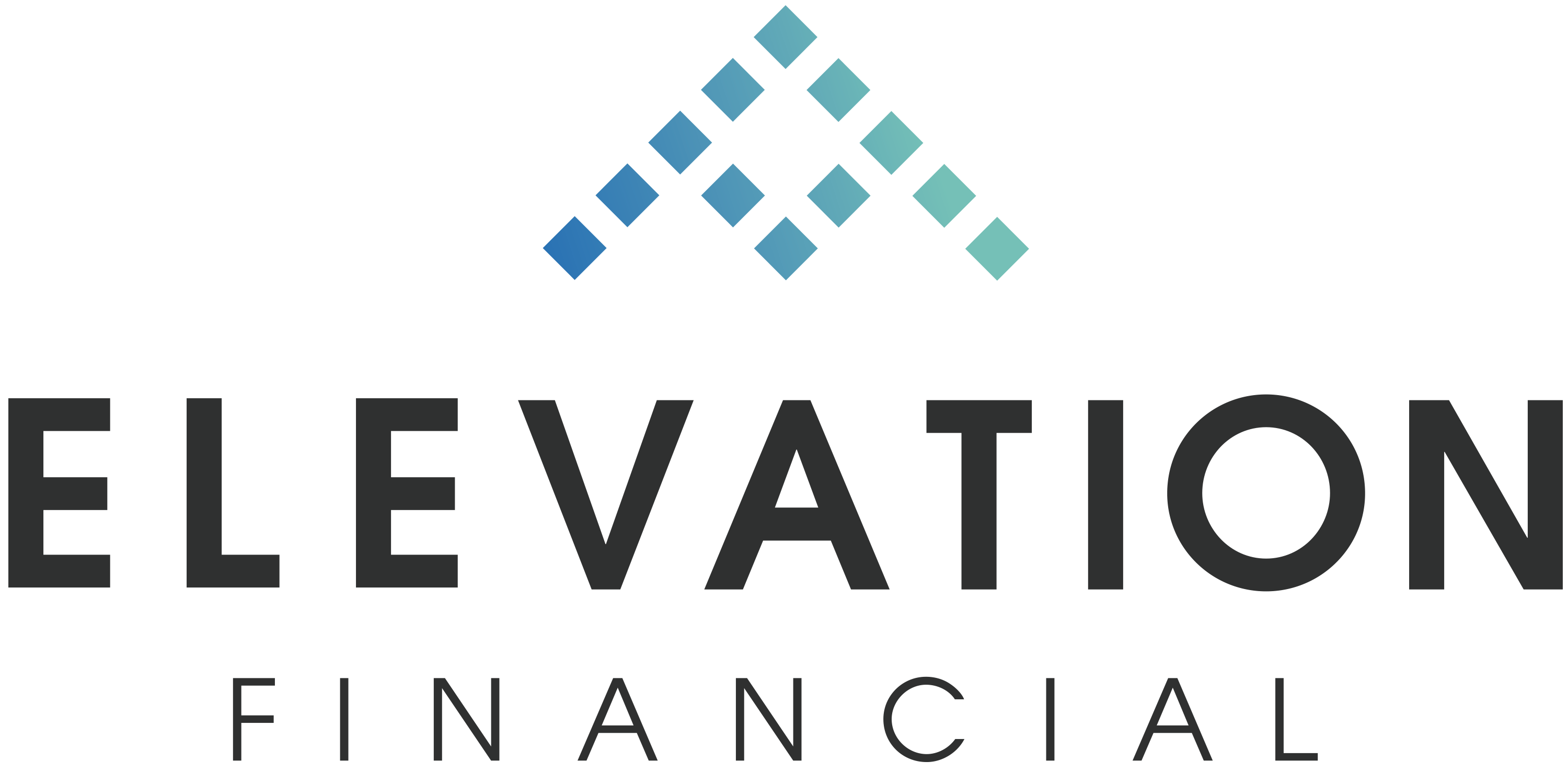
Share this Post

Need help with your money or investments? Book a consultation to learn more about working together.
New Reporting Requirement for Small Businesses: Understanding Beneficial Ownership Information (BOI)
Starting January 1st, 2024, a crucial new requirement for LLCs and most small businesses involves reporting Beneficial Ownership Information (BOI) to FinCEN (The Financial Crimes Enforcement Network). Ignoring this requirement could lead to severe consequences, including substantial fines and imprisonment.
So if you own an LLC or a corporation (which includes S-corps), there's a good chance you need to file a BOI report. And if fail to file, the penalties can be significant.
What is Beneficial Ownership Information (BOI)?
Beneficial Ownership Information refers to data about the true owners of a business.
This measure is intended to prevent malicious individuals from using companies as a facade for illegal activities. It was mainly designed to strengthen national security tools by identifying shell companies that may be used for illicit activity.
The enforcement of this requirement falls under the jurisdiction of FinCEN, the Financial Crimes Enforcement Network.
FinCEN's BOI E-Filing System
FinCEN launched the BOI E-Filing website (FinCEN BOI E-Filing) on January 1, 2024 to facilitate this new reporting requirement. This platform aims to streamline the submission of beneficial ownership information.
Reporting Deadlines
The reporting deadlines depend on when you formed your business entity.
- Companies created or registered before January 1, 2024, must file by January 1, 2025.
- Companies registered in 2024 have 90 days to file after notice of registration.
- Companies registered on or after January 1, 2025, have 30 days to file after notice.
Consequences of Non-Compliance
FinCEN is strongly emphasizing the need for accurate reporting, updating, and correcting of BOI. While this is a relatively new requirement, it's essential for companies to adhere to it.
If a reporting company fails to submit or update its BOI within the stipulated timeframe, it could face significant civil and criminal penalties.
It's worth noting, however, that errors or omissions rectified within 90 days of the original reporting deadline may not attract penalties.
Nevertheless, consistent non-compliance with these obligations may lead to substantial fines and the possibility of imprisonment.
Penalties for Violating BOI Reporting Requirements
As per the Corporate Transparency Act:
- Civil penalties can reach up to $500 per day for ongoing violations.
- Criminal penalties include up to two years imprisonment and fines of up to $10,000.
Violations include failing to file a BOI report, submitting false information, or not updating reported information.
FinCEN's Small Entity Compliance Guide
For detailed guidance, FinCEN’s Small Entity Compliance Guide (issued September 18, 2023) is an invaluable resource, especially Chapter 1.3, which discusses the consequences of non-reporting in detail.
How to file a report
The first step is to create a FinCen ID. Once you have created your FinCen ID, you can file a BOI report on the FinCen site.
Who Needs to Report?
Most business entities are required to report, with certain exemptions. The requirement includes all beneficial owners, defined as individuals who own or control at least 25% of the company or have substantial control over it.
There are a few exceptions to the BOI reporting requirements, including:
- Public companies: Companies already subject to public reporting requirements under the Securities Exchange Act of 1934 are generally exempt from the CTA's BOI reporting requirements.
- Certain financial institutions: Banks, credit unions, insurance companies, and certain investment funds are typically exempt. For more details, see the full list of exemptions on the FinCen website.
- Sole proprietorships: These are not considered separate legal entities from their owners and therefore not subject to BOI reporting requirements.
Important Links
Conclusion
Understanding and adhering to the new BOI reporting requirement is essential for all small business owners.
Complying with the deadlines and properly updating information is crucial to avoid potential penalties.

